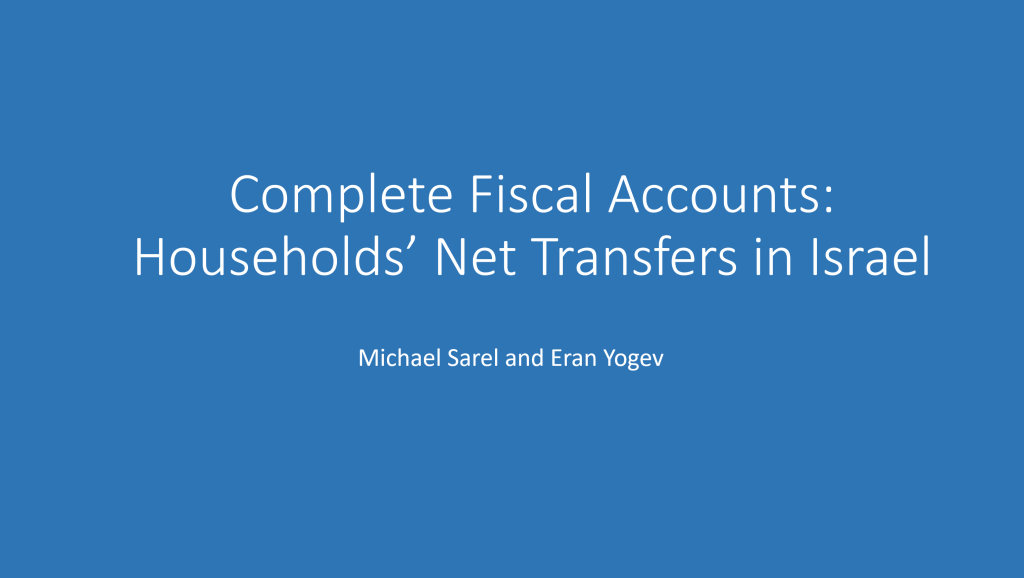Prof. Moshe Koppel makes an argument for drastically limiting the role of the Israeli state in developing and maintaining Jewish institutions. He does so, however, as one who very much wishes to see an expansion of the influence of traditional Judaism in the Israeli public square.
Every now and then, people who in the grand scheme of things look and sound more or less like me voice opinions that make me wonder whether I’ve been sucked through the rabbit hole. Often these opinions have to do with freedoms they would like to sacrifice to government bureaucrats. All too often, those freedoms are of the religious kind.
Once, when I was helping to draft a constitutional proposal for the state of Israel, a prominent rabbi urged me to include a provision that would require judges on rabbinical courts to be God-fearing. When I suggested that this kind of language was likely to prove ineffective in a constitutional context—and that it might be better if judges on rabbinical courts weren’t appointed by the government in the first place—he gave me an odd look and asked, in all sincerity: who, then, would pay for them if not the government? The possibility had never occurred to him that Jewish communities and not the state should support Jewish institutions.
Nor does the possibility seem to have occurred to the state itself. A case in point is a recent ruling by Israel’s Supreme Court involving a controversial loophole in Jewish religious law (halakhah). The loophole, in force since the establishment of the state, permits the growth and sale of agricultural produce during biblically-mandated sabbatical years. In anticipation of the latest such year, the state-sponsored chief rabbinate decided that local religious courts could allow or disallow the loophole at their discretion. Whereupon an organization of Orthodox rabbis encouraged farmers to petition the Court to strike down the decision of the chief rabbinate and instruct it instead to re-impose a statewide, across-the-board acceptance of the loophole. The Court ruled in favor of the petitioners.
Now, why would Orthodox rabbis approach a secular Supreme Court to intervene in a matter on which a century of rabbinic legists had written hundreds of learned opinions? Why wouldn’t such rabbis simply issue their own certification of disputed produce? And as for the Court, what made it think it had any competence to rule on an arcane question of religious law?
To the full article in Mosaic Magazine




